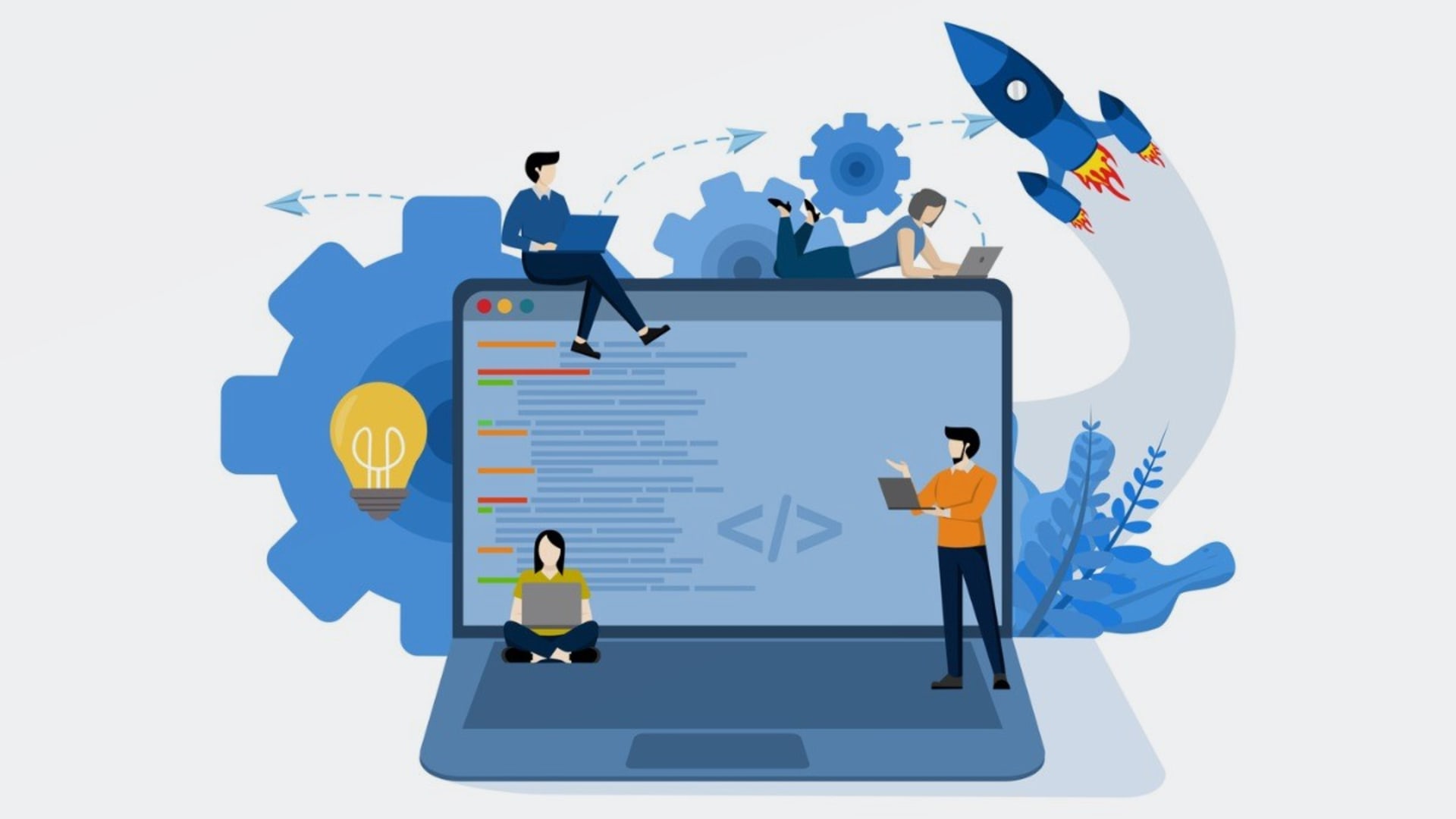If your company started as a small business, some things about its growth may take you by surprise. For example, you may suddenly find yourself needing to quickly increase the number of employees and find a new space that will accommodate them all. You might need to change your sales, marketing, accounting, and reporting methods. Or you might need a whole lot of new equipment.
Another especially important item on this list is your software. Something that you might have tracked on an Excel spreadsheet when you first started may now have grown way beyond that to needing database, analytics, or business intelligence (BI) software. If you’ve reached the point of being identified as an “enterprise,” your needs are even greater – and there is specific software that can help.
What Is Enterprise Software?
Companies that are considered enterprises are those that are large, often with international operations. They can be private companies, nonprofit organizations, schools, governments, and other institutions. The software requirements of a company this size are different from those of small and medium-sized businesses (SMBs) in terms of functionality (think currency conversions and international regulatory standards) and scope.
Custom enterprise software is meant to be deployed throughout an enterprise with a focus on productivity and workflow. It’s used within companies that need to centralize certain types of operations, such as accounting, inventory, or customer relationship management (CRM).
In addition to the solutions themselves, providers commonly offer multi-site support, and deployment across a variety of corporate networks, intranets, or the internet. These solutions often must meet strict security requirements and are often offered as a coordinated suite of discrete programs.
Installation of enterprise software usually requires a trained technician who can customize it according to each company’s specific needs. It can later be adjusted to change along with enterprise growth.
The Best Solutions for Your Business
Each enterprise has its own requirements and will benefit in its own way from enterprise software.
- Enterprise Resource Planning (ERP): This type of software manages accounting, supply chain, and inventory operations within a company, enabling users to streamline their work. ERP applications help departments within a business collaborate, support corporate cost savings, and contribute to greater efficiency and better customer service.
- CRM: As powerful as enterprises are, they naturally rely on customers to earn revenue, grow, branch out into new areas and maintain a solid reputation. Because customers are so important, enterprises need a way to track and manage them, which is exactly what CRM software does.
- Accounting: An enterprise’s financials are at the heart of everything it does, so accounting processes must be highly accurate. Account software provides tools to efficiently complete tasks such as accounts payable and receivable, project accounting, budgeting, payroll, and tax reporting.
- Business Intelligence (BI): Enterprises collect vast amounts of data that can be analyzed to provide useful business insights that guide smart decision-making. BI software can quickly perform this function so business leaders can have up-to-the-minute information to identify areas for improvement.
- Enterprise Asset Management: For many enterprises, assets can be a huge expense. That’s why it’s important to manage them effectively. For example, identifying problems with a critical piece of machinery can enable managers to fix small problems before they become big, expensive ones. Enterprise asset management software helps with this process and reduces equipment costs.
Benefits for Every Industry
Enterprise software can benefit your company in numerous ways.
Easy Access
For employees to do their best work, they need to be able to reach company data quickly and easily. Enterprise software centralizes this data and provides access portals. Such access is especially important for professionals, like salespeople, whose work often implies being outside the office. Managers can determine which workers have access to what information and use software dashboards to check on their usage and progress.
Increased Efficiency
Enterprise software often includes features that automate repetitive tasks, freeing up team members to work on higher-level tasks and challenges. For example, an HR application can manage many scheduling, payroll, and recruiting tasks, enabling the HR department to develop new programs to support employees.
Reporting
Team members and managers can use enterprise software to “check the pulse” of various operations within the company by generating reports, statistics, and graphs. This information can help employees spot problems and make good decisions about planned purchases, expenses to cut, hiring, or process changes.
Flexibility
Enterprise systems are built to scale up or down depending on a company’s needs. Modules that provide different functionality can be added to accommodate new departments, programs, or initiatives. Because companies can adjust the software, they avoid overspending on features or entire programs they don’t need.
Compliance
As companies grow larger, their compliance obligations grow as well. Enterprise systems often have compliance features built in to ensure companies don’t overlook important filings. Additionally, the loss of critical data needed for reporting is less likely to be tampered with, given the high security of these systems.
Custom Enterprise Software Development
If your enterprise software needs can’t be met with the many products already available on the market, you might want to consider working with a custom enterprise software developer like BairesDev. Outsourcing software development enables you to get exactly the functionality you need without having to go through the steps of hiring and training new employees to take on this task.
Outsourced software developers have exactly the skills you need and are constantly learning new methods and processes. Because software development is all they do, they’re highly efficient. They’re also highly professional because development companies only hire those with both robust technical skills and excellent soft skills.
While custom enterprise software development can be costly upfront, it can actually save your company money in the long run, when you consider increased productivity and decreased costs to upgrade your software each year. It’s also likely that your revenue will increase because of the improved service you’ll be able to offer.






